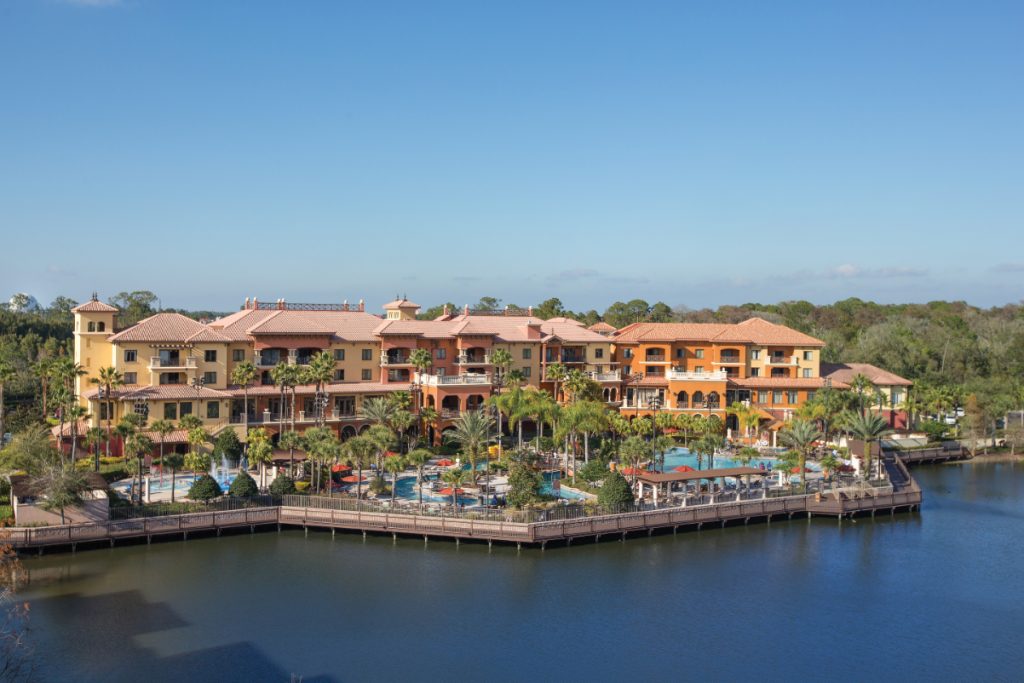Travel + Leisure Co. is making efforts to move away from its traditional timeshare business roots and evolve into a broader hospitality platform with a more diverse geographic presence. CEO Michael D. Brown is leading this transition by focusing on several key strategies. The first strategy involves targeting financially resilient customers, with the average credit scores of customers increasing from 725 to 742 over four years. Seeking customers with greater financial security has led to increased transaction values and a stronger consumer finance portfolio. Strategic partnerships, such as a recent marketing collaboration with Allegiant Air, are also being leveraged to reach new customers in a cost-effective manner.
Another key strategy is expanding global supply to increase geographical diversification. By integrating Accor Vacation Club earlier this year, the company has expanded its revenue sources from the Asia Pacific region and is eyeing Mexico as an untapped market opportunity. The company also sees potential in the live tourism trend and has introduced initiatives like a Sports Illustrated-branded resort and a collaboration with Live Nation to offer concert experiences to its vacation ownership customers. Additionally, the rebranding of the company to Travel + Leisure Co. has allowed for more neutral partnerships, similar to how Inspire Brands manages multiple competing chains under one corporate roof.
Travel + Leisure Co. utilizes two main pillars for growth in monetizing leisure travel: timeshare sales and a membership business. The company’s vacation ownership business aims to generate upfront sales from timeshare interests while also collecting financing and management fees. The exchange and travel club segment acts as a capital-light tollbooth, collecting membership dues and transaction fees from exchange members. With high retention rates and minimal capital requirements, the membership business provides a steady cash flow stream. The company has a strong customer base of over 800,000 timeshare owners, providing opportunities for upgrades and additional services.
Despite not being viewed as an investment, vacation ownership provides significant value to consumers, according to Brown. For example, an owner in Orlando who purchased at 2016 prices may be getting a two-bedroom condo in Orlando for a maintenance fee, while a friend staying at a hotel in the same area could be paying a higher nightly rate for a smaller room. The company continues to find new owners at a good pace while maintaining appealing financing spreads. The business model of Travel + Leisure Co. focuses on offering value to leisure travelers through vacation ownership and membership services.
In summary, Travel + Leisure Co. is undergoing a transformation from its traditional timeshare business roots to expand into a broader hospitality platform with a more diverse geographic presence. CEO Michael D. Brown is leading this transition with strategies focused on targeting financially resilient customers, global supply expansion, tapping into live tourism trends, creating neutral brand partnerships, and utilizing two growth pillars for monetizing leisure travel. The company’s focus on offering value to leisure travelers through vacation ownership and membership services is expected to drive growth and revenue in the coming years.


